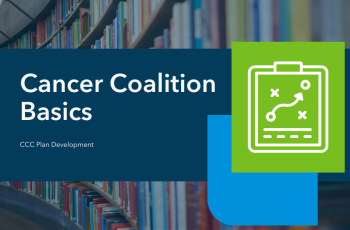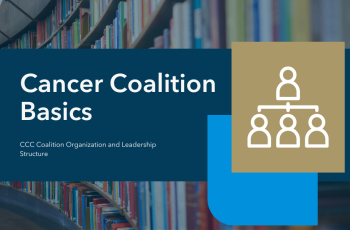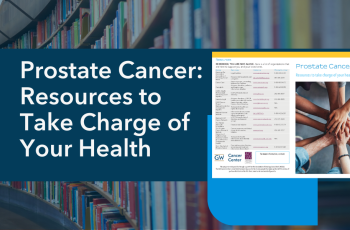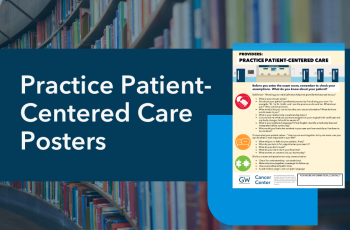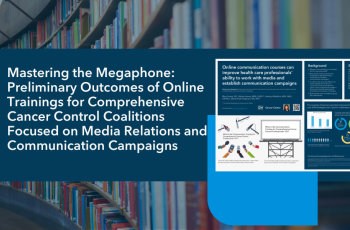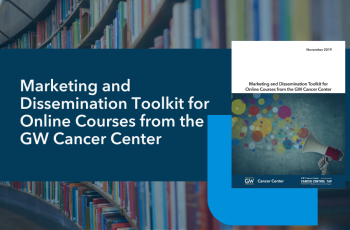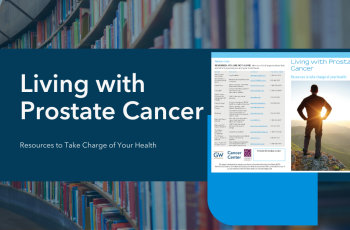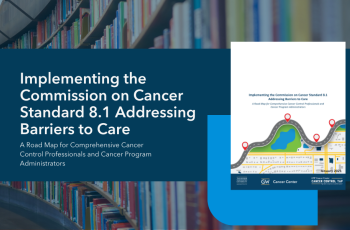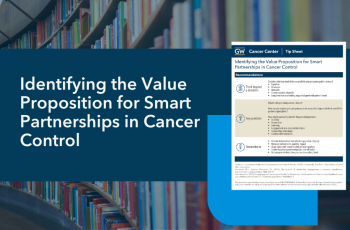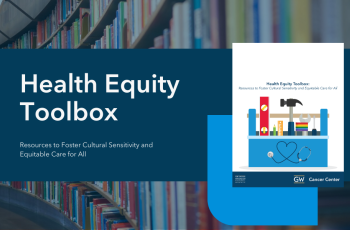This work was supported by Cooperative Agreement #NU58DP007539-01 from the Centers for Disease Control and Prevention (CDC).
GW Cancer Center
This Cancer Coalition Basics section covers tasks that take place during CCC plan development.
This Cancer Coalition Basics section covers different organizational, leadership, program and coalition staffing configurations for comprehensive cancer control organizations.
Transgender women and gender non-conforming individuals have health care needs that are often not talked about. It may be uncomfortable to think about parts of the body that may still be there after you have transitioned. This fact sheet is only a starting point. It can help you talk with your…
This poster reminds providers to practice patient-centered care with a few simple reminders. It can be used by providers, public health professionals, community health centers, clinics, hospitals or other organizations.
"Mastering the Megaphone: Preliminary Outcomes of Online Trainings for Comprehensive Cancer Control Coalitions Focused on Media Relations and Communication Campaigns" poster. This poster was presented at the 2019 American Public Health Association (APHA) Annual Meeting in Philadelphia, PA.
This resource was created to assist stakeholders with spreading the word about continuing education opportunities available through the GW Cancer Center's Online Academy.
Gay and bisexual men have health care needs that are often not talked about. This fact sheet is for men who have sex with men and have been diagnosed with prostate cancer.
The GW Cancer Center developed this road map to support comprehensive cancer control (CCC) professionals and cancer program administrators from hospitals, treatment centers and other facilities to fulfill the requirements for this standard. The purpose of this road map is to guide CCC professionals…
Entrepreneurship and forming public-private partnerships are important approaches to enhancing coalition membership and supporting CCC activities. Use this tip sheet to help you identify potential new partners to help advance comprehensive cancer control in your region.
This toolkit, created as a part of the Together, Equitable, Accessible, Meaningful (TEAM) training program, provides resources to encourage cultural sensitivity and promote equitable care for racial, ethnic, sexual and gender minority patients.
